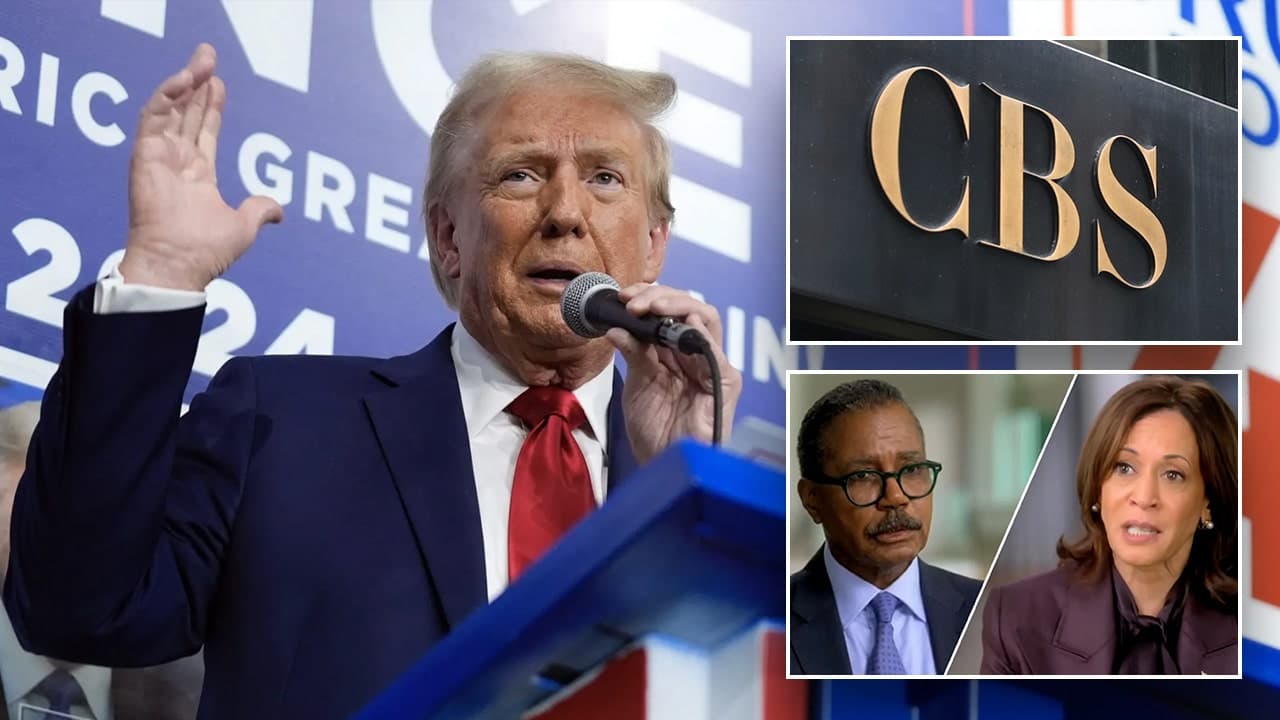Shutdown Ends as Whooping Cough Surge and Accountability Questions Mount
A CBS News almanac roundup this week connects a surge in whooping cough with strains on public health, a high profile police charge in Baltimore with renewed scrutiny of policing practices, and the end of the longest federal shutdown with lingering operational and travel disruptions. The convergence of these developments matters because they illuminate how government continuity, institutional accountability, and public health policy directly shape everyday life and voter concerns.

In a compressed week of national headlines, multiple strains on American institutions surfaced in rapid succession, underscoring the policy choices and governance gaps that will shape debates ahead of the next election cycle. CBS News highlights included a nationwide surge in whooping cough cases, a Baltimore police officer charged after a viral video, and the conclusion of the longest federal shutdown after a bill signed by former President Trump, each carrying distinct consequences for public trust and civic engagement.
The uptick in whooping cough reflects persistent challenges in vaccination coverage and public health infrastructure. Rising cases place pressure on state health departments and pediatric care networks, and they raise questions about outreach to under immunized communities and the capacity of local public health systems during concurrent crises. For voters and parents, the spike will likely sharpen attention to health policy, school vaccination requirements, and funding for disease surveillance.
Law enforcement accountability was thrust into national view when a Baltimore officer was charged following a viral video. The case arrives amid continuing debates about policing standards, body camera protocols, and prosecutorial discretion. Whether local and federal institutions move toward transparent investigations and policy reforms will influence public confidence in law enforcement and civic willingness to engage with oversight mechanisms.
The end of the longest shutdown after a bill was signed by former President Trump concluded a period of disrupted federal operations, but practical consequences persisted. Flight cancellations continued even as the shutdown ended, pointing to the lag between policy resolution and operational recovery. Air traffic controllers had reportedly missed a second paycheck, prompting lawmakers to travel to the capital for negotiations. These disruptions highlight how labor relations within critical federal services affect commerce and mobility, and how rapidly political impasses can translate into widespread public inconvenience.
Other items in the almanac underscore the range of institutional pressures. Released emails referencing former President Trump related to the Epstein matter contribute to ongoing legal and transparency pressures on political figures and institutions. Families suing Camp Mystic over deadly floods point to growing legal battles tied to climate related disasters and questions about liability, preparedness, and public investment in resilient infrastructure. Small business concerns surfaced in coverage of an Italian imports store owner facing a potential pasta tariff, illustrating how trade policy debates can have immediate effects on local economies and consumer prices.
On the defense front, the first flight of an unmanned jet developed by Anduril signals the accelerating role of private firms in military capability development and raises questions about procurement oversight, regulatory standards, and Congressional supervision.
Taken together, the almanac entries sketch a mosaic of governance stress points where public health, law enforcement accountability, labor stability, trade policy, climate resilience, and defense procurement intersect with voters everyday lives. The accumulation of these stories suggests that institutional performance and transparency will remain central issues for civic engagement and electoral decision making in the months ahead.


